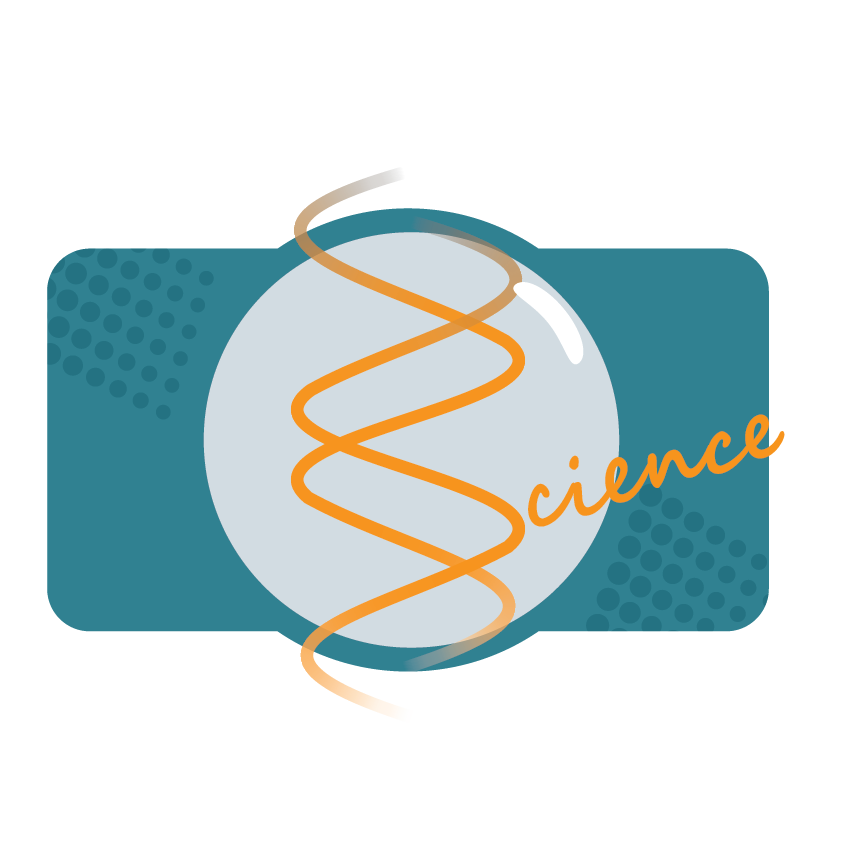The basis of good scientific communication (part 1)
Estimated reading time: 4 minutes
A good scientific presentation has almost nothing to do with the quality of your research work,
and here is why:
Have you ever been at a conference talk and you were fascinated by the presentation and had the impression that you understand everything that the speaker said. Yet, a couple of minutes later you try to remember what exactly their presentation and research was about and you have a hard time remembering? (This has definitely happened to me.)
On the other hand, have you ever been excited to see a presentation that could be very relevant for your own research, but you have a hard time following, barely understand anything and are left quite frustrated and disappointed, maybe even fall asleep? (Also been there.)
The reason is that communicating your research is just as much about captivating your audience as about the actual quality of your work.
That is the reason why, regardless if you are preparing a poster, a presentation, any other scientific communication:
You need to think of your audience first and foremost.
Now you might be thinking “But I am going to present my research so it is about my work”. While that may be true when you are presenting your work progress to your thesis supervisor, it is not the case for any other research communication.
As an example, while you might have discovered something groundbreaking in astrophysics – if you present it in front of a group of lawyers using complicated astrophysics terms and language, the presentation will not be very well received and most likely, your audience will never know the significance of your groundbreaking research.
I’m going to say it again:
Any kind of scientific presentation is done for the benefit of your audience only.
The sooner you get on board with this (and disregard the little voice of your ego telling you that you really want to tell everybody about your great work), the faster your scientific communication skills will improve.
This implied one thing though: you need to know your audience, which can sometimes be a bit tricky. Therefore, let’s look at some examples:
Example 1:
You are communicating at a specialized conference. Maybe your research is on how to use stem cells to treat a specific type of cancer and the conference is “The application of stem cells for cancer treatment”. Or you work on finding out how plant genetics can change to help the plants adapt to drought and the conference is on “Plant epigenetics in response to environmental challenges”.
In cases like this, it is fairly easy to know your audience. You can assume that everybody at the conference is familiar with the most common terms and research methods. You will not need to explain what stem cells are. You can assume a good amount of overlap between your knowledge and jargon and your audience’s.
Example 2:
You are communicating at a large conference in the field of your research, such as “Biophysical Conference” or “World Cancer Congress”. In that case, it is best to assume that your audience knows little to nothing about your methods, your topic of research, the abbreviations that are commonly used in your niche etc. .
It is better to take a couple of seconds to say the full name of the method you used, rather than to risk losing part of your audience because you used an abbreviation on the assumption that “everybody knows this”.
Here is a tip on how to determine the background of your audience:
Look at the conference program. How specialized are the sessions, i.e. “Advances in stem cell treatment for colon cancer” (very specialized) or “Advances in microscopy” (not very specialized)? If you are giving an oral presentation, in which kind of session are you going to present?
Scan through the titles of the presentations/ posters: Do you immediately understand the topic just by the title or are you left with a big question mark? Are there multiple sessions at the same time? If yes, you can assume that your audience will be more familiar with your topic, since out of many sessions people decide to be in yours.
For posters, it is best to assume less than too much. While at bigger conferences you also have posters grouped thematically, most people stroll through all areas.
Do not neglect this step of getting to know your audience.
It is one of the most crucial ones, since it determines the basis of your communication. Imagine trying to speak with someone, who barely knows the language you are using. Just saying more words and insisting that they should understand is not going to help your cause. But if you came prepared, with a dictionary or a large piece of paper depicting the objects of your conversation, you have a much better chance at getting your message across.
In part 2 I will explain the other crucial point, which is knowing exactly which message you want to get across. So stay posted!
